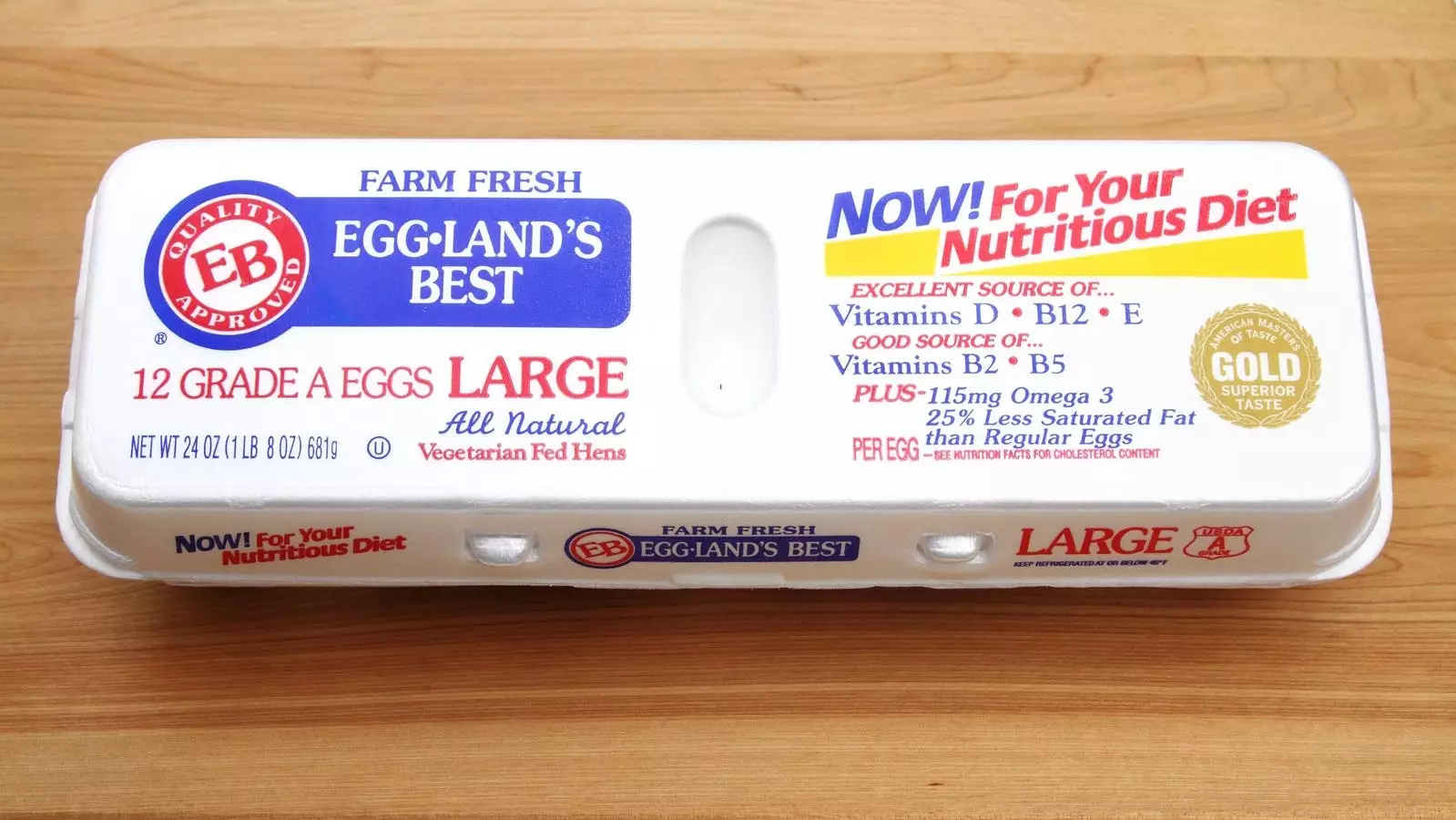In recent weeks, a wave of anxiety swept across social media as rumors emerged claiming that Eggland’s Best eggs were facing a recall. This unprecedented surge of concern prompted consumers to return their cartons to stores or to avoid purchasing eggs altogether. Upon investigation, however, these claims proved unfounded. Fact-checking website Snopes clarified that there has been no official recall issued by the FDA, USDA, or CDC relating to Eggland’s Best eggs. Nevertheless, the rumors gained traction quickly, highlighting how susceptible public perception can be to misinformation, especially when it is tied to issues as critical as food safety.
Eggland’s Best took proactive steps to address these concerns by responding on their social media platforms. They acknowledged the impact of avian influenza on several of their farms, which has led to a reduction in flock sizes. While they stressed that there was no safety issue, the mere mention of avian flu was enough to stoke fears of a food crisis similar to what the industry witnessed in previous years. The distinction between shortage and recall is often lost on consumers; when faced with fluctuating supplies and recurring safety issues, the two concepts blend into a stream of anxiety and uncertainty.
The root of the panic surrounding Eggland’s Best cannot be divorced from a larger narrative affecting the egg market and food industry at large. Over the past couple of years, prices for eggs have soared to historic highs, attributed mainly to a severe outbreak of avian flu that decimated millions of egg-laying hens in the U.S. In January 2023, the average price per dozen eggs climbed to nearly $4.82, shocking consumers accustomed to far more reasonable rates. This dramatic price increase, coupled with widespread empty shelves, has left consumers wary of their ability to access this staple food item.
Fast-forward to early 2025, and the market is still grappling with the ramifications of previous supply chain disruptions. Reports of regional shortages and new price hikes have reignited consumer fears, particularly in areas where purchasing eggs has become increasingly difficult. The tensions surrounding these issues create an environment ripe for rumors, such as those alleging a recall of Eggland’s Best eggs. With consumers already on edge about the availability of eggs, the news that Eggland’s Best farms were affected by avian flu threatened to exacerbate existing anxieties.
Recent research suggests that consumer perceptions about food prices and security are shifting. According to a Purdue University study, people perceive food price increases to be more pronounced than those of other goods and services, even during periods of lower inflation. Additionally, consumers have started to change the way they shop, actively seeking alternatives or stockpiling essential items, behaviors that were less common in the past.
This change in behavior reflects a larger cultural shift in how people perceive food stability and security. Nearly 70% of consumers globally report that food inflation influences their purchasing decisions more than ever. As a result, many are proactively checking for food recalls or avoiding certain brands altogether. While this increased vigilance is sensible, it also means that unverified rumors can gain rapid traction in a climate of distrust and uncertainty.
The rumor regarding Eggland’s Best eggs represents not merely a standalone incident but a reflection of wider societal concerns about food security in 2025. For decades, staples like eggs were viewed as reliable, affordable, and safe—elements that consumers could depend on without a second thought. However, recent events have painted a different picture, characterized by price instability and an increased awareness of food recalls.
As food prices continue to rise and recalls frequently dominate news stories, consumers are left grappling with the question, “What can I truly rely on?” The resultant anxiety shapes shopping behaviors, leading to overreactions such as returning unused products or hoarding items in anticipation of another potential shortage.
While the Eggland’s Best recall rumors turned out to be incorrect, the underlying fears that prompted them are very real. With food insecurity and distrust in the supply chain on the rise, one can only wonder what the next viral food panic might be—authentic or the result of misinformation. As we navigate this changing landscape, the importance of clear communication from food producers and regulators cannot be overstated. Only then can we hope to mitigate the ripple effects of misunderstanding and restore faith in our food systems.


Leave a Reply